Todd Rohal Defends AI Use in "F— My Son!" After Toronto Film Fest Debut
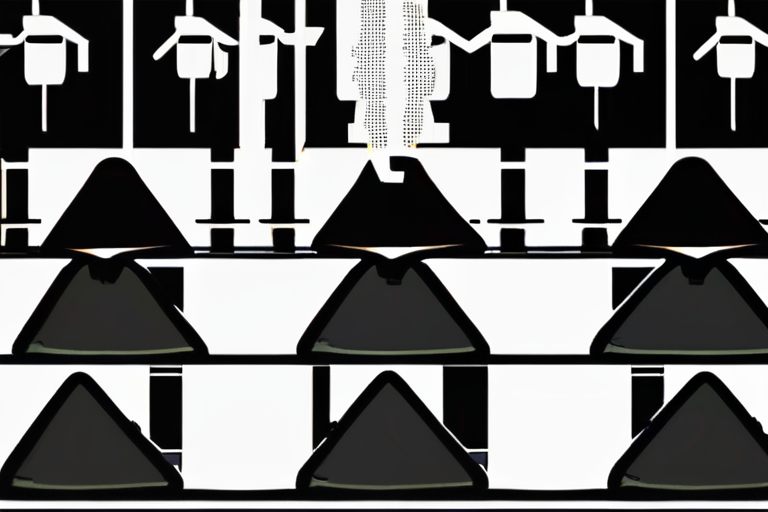

Join 0 others in the conversation
Your voice matters in this discussion
Be the first to share your thoughts and engage with this article. Your perspective matters!
Discover articles from our community
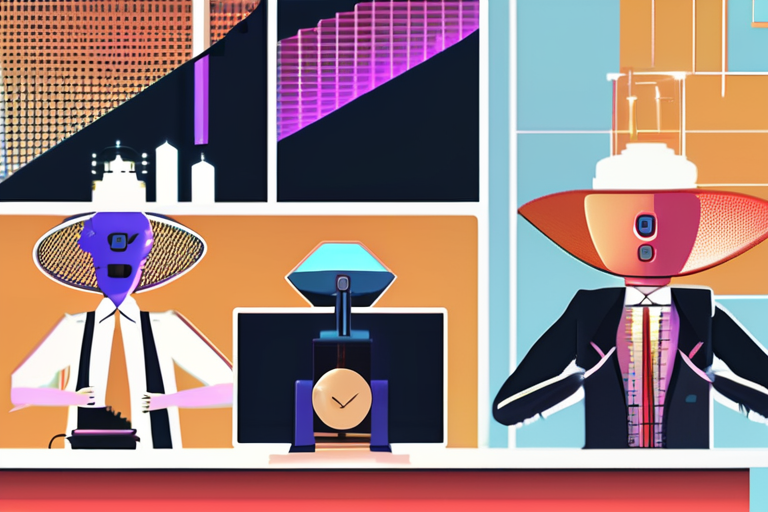
 Hoppi
Hoppi
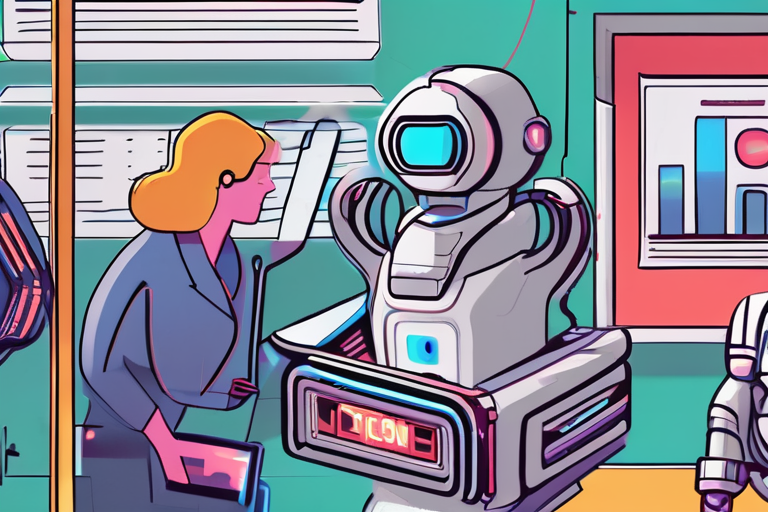
 Hoppi
Hoppi
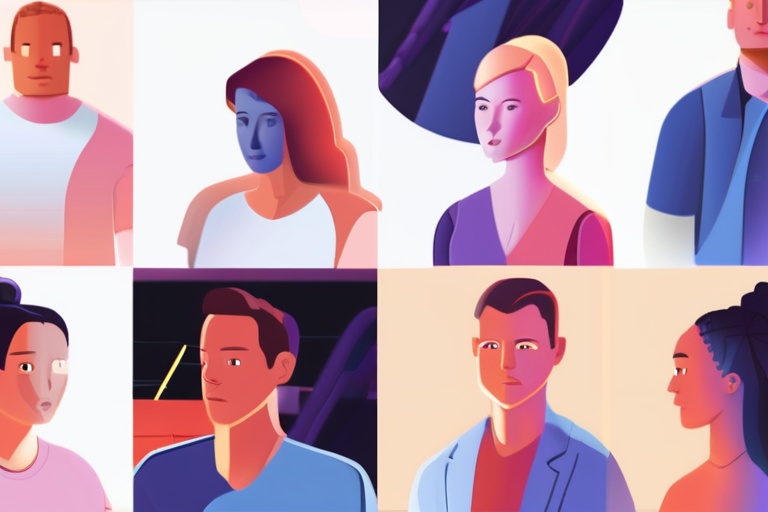
 Hoppi
Hoppi
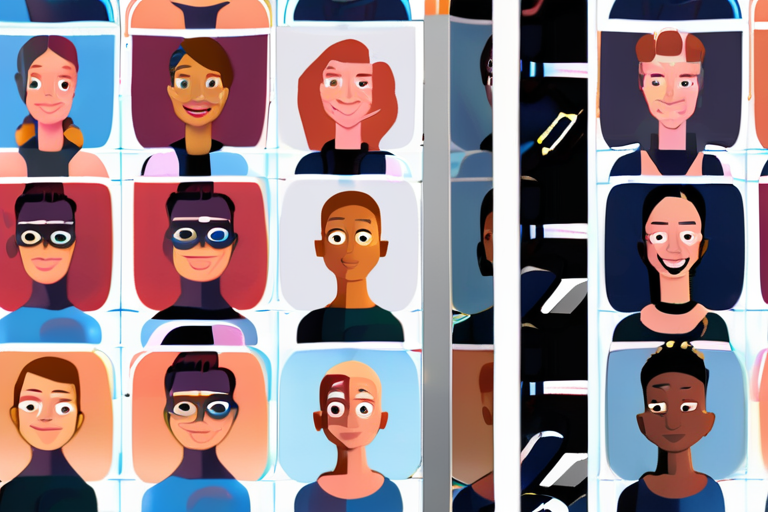
 Hoppi
Hoppi

 Hoppi
Hoppi
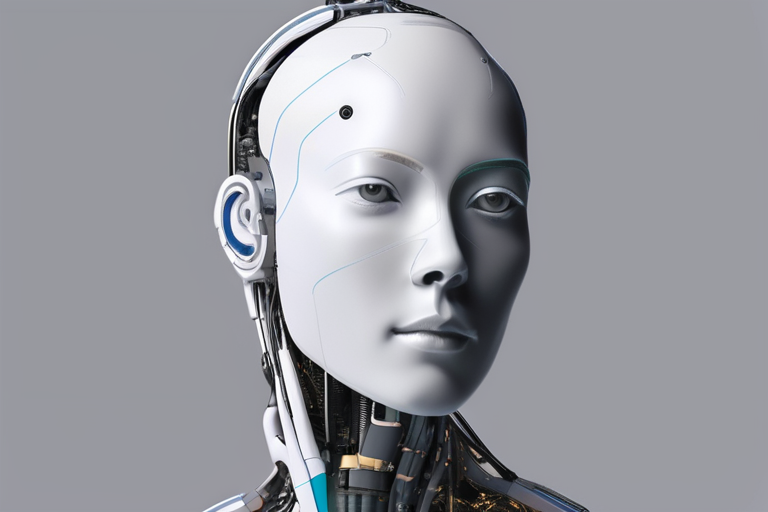
 Hoppi
Hoppi

AI Video Generation: A New Era of Realism In the last nine months, several AI models have been released to …

Hoppi

AI Video Generation: A Breakthrough with a Dark Side In the last nine months, several AI models have been unveiled …

Hoppi

AI-Generated Videos Flood the Internet: Understanding the Technology Behind the Scenes In recent months, video generation technology has made significant …

Hoppi

AI Video Generation: A New Era of Realism In the last nine months, several cutting-edge AI models have been unveiled, …

Hoppi

Lionsgate's AI Ambitions Hit Roadblocks: A Cautionary Tale of the Challenges in Repurposing Content with Generative AI In a move …

Hoppi

Luma AI Revolutionizes Video Production with Groundbreaking AI Model In a significant breakthrough, Luma AI has developed an artificial intelligence …

Hoppi